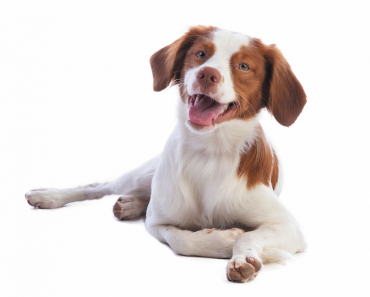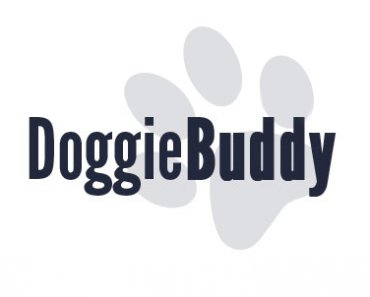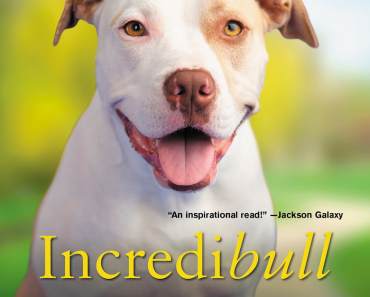A look at the difference between gut health and digestion in pets, and how they’re connected.
It’s becoming common knowledge that the food you feed your pet is paramount to his health and well-being. A high-quality diet formulated with wholesome, natural ingredients will positively impact everything from his skin and coat, to his digestion and gut health. But wait… aren’t digestion and gut health the same thing? Not quite! Part of optimizing his diet means truly understanding what these terms mean, how they differ from one another, and how they’re connected. Let’s take a closer look.
Gut health vs. digestion – understanding the link
As you probably learned in health class back in primary school, digestion is the breakdown of food in the body into substances that can be absorbed and utilized. Unlike digestion, gut health isn’t a process – it’s the status of the microbiota that live within the digestive tract. This colony of good and bad bacteria, fungi, yeast and viruses can either be diverse and healthy, or imbalanced (also called gut dysbiosis). If the latter is true, it can throw digestion out of whack.
If an animal has poor gut health, you’ll likely notice some digestive issues such as loose stool, vomiting, diarrhea, and excess gas. “When a pet’s microbiome is not healthy and diverse, their digestive system cannot function properly to fully digest and utilize the nutrients in their food,” says Leasa Moltke, Nutrition and Regulatory Manager at Solid Gold Pet. “This can manifest in issues beyond common digestive upset issues – poor skin and coat quality, lowered immune system function, and lack of energy can all be signs that your pet’s digestive system isn’t up to snuff.”
It’s important to note that if your pet’s digestion is off, his gut health might not necessarily be the culprit. Other factors such as genetics, stress, and use of antibiotics can also upset the digestive system. But if this happens, an imbalance in his gut microbiome will likely follow.
A better diet = better health
Once you understand the intricate relationship between your pet’s microbiome and his digestive system, it’s time to put that knowledge to good use! By feeding him a diet that supports gut health, you’ll decrease his chances of developing any of the common digestive upsets mentioned above.
“When looking for a food for dogs with digestive issues, good sources of fiber are incredibly important,” says Leasa. “Fibers act as prebiotics to help feed the microbiome and keep it flourishing, diverse, and active. Superfood fruits and vegetables are excellent sources of fiber to help feed the microbiome. We also want to look for a guaranteed level of living probiotics and omega fatty acids to help fuel that gut microbiome.”
You’ve heard it before, but we’ll say it again: the food you feed your pet is paramount to his health and well-being. By taking steps to nourish his gut through diet, you’ll not only support a well-functioning digestive system, but a happier, healthier pet overall!




























